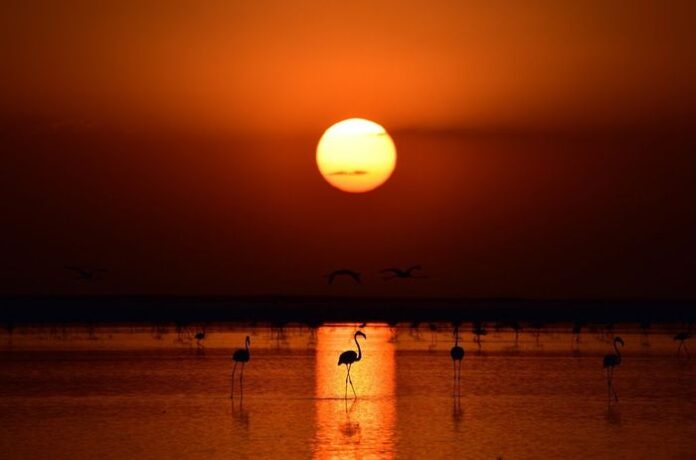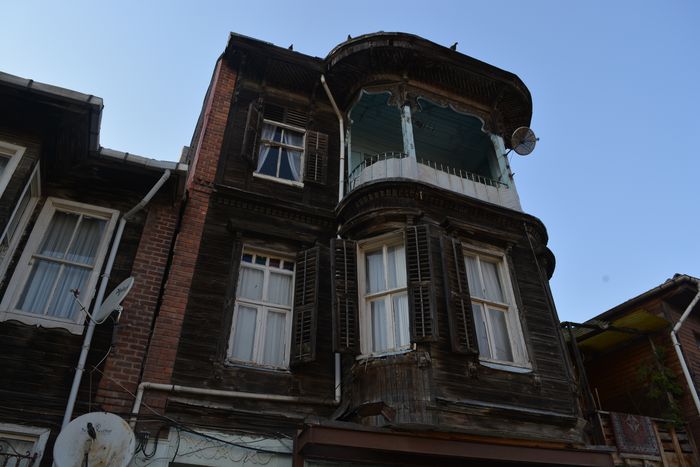Whenever Serbia enjoys a time of peace, the country grows richer quickly. The number of animals—such as sheep, goats, and cattle—increases fast, and the economy improves steadily, like compound interest. Because of its natural advantages, Serbia has often been called “a poor man’s paradise.” The soil is rich, the climate is good for farming, and it is a great place for people with limited money to start a new life.
Farms can be bought for small amounts of money. Large open lands where cattle and sheep graze are often public property. These lands are usually free to use, except for a small tax paid to the local town or commune A Strong Education System in Serbia.
Growing Industry and New Opportunities
In recent years, Serbia has also begun developing industries. A German company built a large sugar factory near Belgrade that uses sugar beets as raw material. In addition, Belgian investors have opened a linen factory. Other industries already operating in the country include match factories, flour mills, tanneries, and breweries.
To support further growth, the Serbian government is offering financial help—called subsidies—to encourage the creation of woolen mills and other manufacturing businesses across the country.
Despite the good wages and plenty of jobs, many young Serbians are still choosing to leave. They often emigrate to the United States or nearby countries. One main reason is that young men are required to serve five years in the military, and many are unwilling to give up that much time from their lives Guided Tours Ephesus.
A Bride at the Market Tradition and Dowry
At the market, we saw a newly married bride dressed in traditional Serbian clothing. She had just come from the church after her wedding ceremony and was standing with her proud husband as friends and neighbors gathered to offer congratulations.
The bride was a healthy, cheerful young woman, resembling the Swedish type, with blond hair and bright blue eyes. On her head she wore a unique turban, from which several clusters of silver coins dangled. Long strands of coins also hung from her necklace and belt, covering her shoulders and hips. The coins were heavy, but they were her dowry—her personal savings collected since childhood.
Instead of putting her savings in a bank, she had carefully selected and strung together coins of different sizes and values to wear as jewelry. This tradition serves both as decoration and a way to attract eligible bachelors at festivals or village gatherings.
A Woman’s Right to Her Wealth
In Serbian culture, a bride has the legal right to control her dowry even after marriage. Many women continue to keep their wedding coins and later pass them down to their children. In some cases, the coins are used to buy land, a small house, or farm animals. Sometimes, the coins are taken off the strings one by one in times of need, such as during emergencies or to manage household expenses.
Life in the Countryside
Overall, Serbian peasants live fairly well. Most have enough to eat, can save money, and take pride in their homes and farms. As long as peace continues, ordinary people in Serbia can live comfortable and stable lives, with hopes for a better future.








